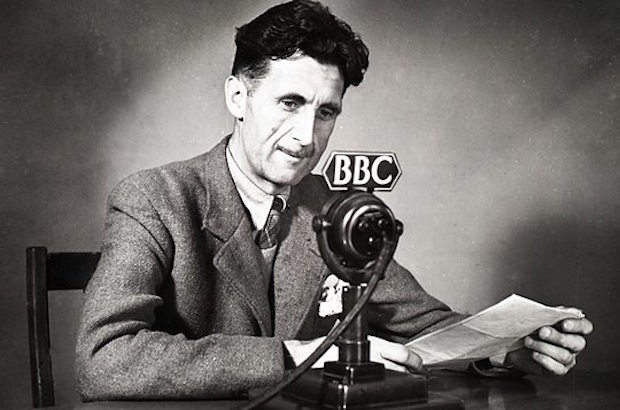Last week I mentioned a widely reported article in the British Journal of Sports Medicine which claimed that ‘physical activity does not promote weight loss’. The article was taken down by the journal last week due to ‘an expression of concern’. It remains offline as I write this, but the controversy rumbles on. At the risk of further upsetting the low-carb community (who seem particularly antagonistic to the doctrine of ‘calories in, calories out’), I am returning to it today.
Let’s start by looking at a series of blog posts by Jason Fung of Intensive Diet Management that have been doing the rounds on social media. He, too, argues that ‘there is no measurable association between obesity and physical activity’. In his first post, he argues that people are exercising more than ever and yet are becoming fatter and fatter. The positive correlation between obesity and exercise, he says, shows that physical activity really doesn’t make much of a difference.
I once met somebody who wondered whether artificial sweeteners caused obesity, based on the fact that their use had risen more or less in line with obesity rates in recent decades. It seems pretty obvious that this is a case of reverse causation. Artificial sweeteners are a response to obesity, not a cause of obesity, just as the rise of jogging and gym membership is a response, not a cause.
To be fair, Fung is not claiming that exercise causes obesity, only that it is not a solution. He cites figures showing that Brits are exercising more than they used to – or, more precisely (and this is crucial), that more Brits are exercising than they used to. Forty-two per cent of British men met the government’s physical activity recommendations in 2008, up from 32 per cent in 1997. At the same time, the male obesity rate rose from 17 per cent to 24 per cent.
But, leaving aside the question of whether people accurately report how much they exercise, why would we expect the minority who exercise to have an effect on the majority who don’t? There is nothing incongruous about obesity rising even if one in ten men are exercising more than they used to. Moreover, there is a conflation between physical activity and leisure-time exercise that is often made by those who downplay the benefits of physical activity.
Office jobs, computers, cars and gadgets have created a more sedentary society which requires fewer calories to be burned. People can offset their less active working and domestic environments by eating fewer calories or burning more calories in their leisure time, but not everybody does. Hence the rise in obesity in recent decades. It cannot be assumed that those who engage in leisure-time exercise are more physically active than previous generations, and it certainly cannot be assumed that the leisure-time exercise of a minority makes the sedentary majority less likely to become obese.
The evidence is quite clear that, on average, calorie expenditure has declined over the years in developed countries. Public Health England (who say that the ‘link between physical inactivity and obesity is well established’) report that ‘People in the UK today are 24% less active than in 1961’. The World Health Organisation has remarked on the ‘trend towards decreased physical activity levels due to the increasingly sedentary nature of many forms of recreation time, changing modes of transportation, and increasing urbanization.’ Harvard School of Public Health says that ‘Physical activity levels are declining’ and that ‘this decline in physical activity is a key contributor to the global obesity epidemic’.
Even this demonstrable fact is disputed by the revisionists. Fung cites a study of hunter-gatherers as evidence that modern man burns the same number of calories as our ancestors. There are a number of problems with this interpretation (see here for a few) and other studies of hunter-gatherers have found significantly higher energy expenditure, but it is not necessary to speculate about prehistoric man for us to see that calorie consumption has fallen over time.
In his 1946 essay, The Politics of Starvation, George Orwell noted that the average Briton was eating ‘about 2,800 or 2,900 calories a day’ despite rationing and a shortage of food that was on the verge of leading to civil unrest. This would be enough to fatten up most Britons today, which is why we are advised to eat just 2,000-2,500 calories a day.
This was not journalistic licence on Orwell’s part. Two years later, the British Medical Journal published a study which found that the average Briton lost weight if he consumed fewer than 2,900 calories. Unless you believe that human metabolism has evolved dramatically in the last 70 years, the only explanation for our grandparents eating more yet staying slimmer is that they burned more energy in their daily lives.
Few people joined a gym in the 1940s. They didn’t need to. Today, there are lots of gyms and lots of obese people, but this is not proof that physical activity is useless in preventing weight gain. Asking whether leisure-time exercise leads to weight loss is a much narrower question than asking whether physical activity is linked to obesity, but to answer it we need to look at the people who are exercising, not at the whole (largely sedentary) population. In the next post, we will do just that.






Comments